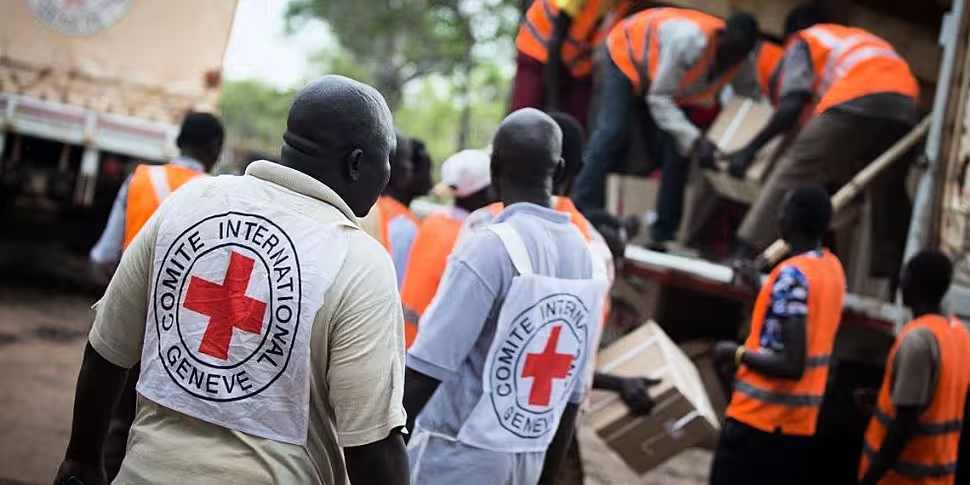Ireland is to become co-chair of the International Committee of the Red Cross (ICRC) Donor Support Group.
Ireland's role of co-chair is shared with the ICRC itself.
The ICRC provides vital assistance to millions of people, often operating in parts of the world like Syria and Yemen that other humanitarian agencies cannot reach.
It is one of Ireland's major humanitarian partners - and since 2006, Ireland has provided over €112m in funding.
This year, Ireland and the ICRC signed a new Memorandum of Understanding up to 2020 - which will increase core funding to the ICRC to €10m annually.
Ireland is also providing €6.5m in dedicated funding for ICRC crisis-specific appeals - including €3m for humanitarian programmes in West Africa and €2.5m for Syria.
The Donor Support Group is made up of the ICRC's major donors, and is a platform for exchange on key policies and programming.
June 2020 conference
During its year as co-chair, Ireland will focus on the issues of gender in humanitarian crises, including prevention of gender-based violence.
It will also examine the role of the ICRC in protracted crises - with the average humanitarian crisis now lasting more than nine years.
Ireland will also host the ICRC Donor Support Group in Dublin in June 2020, and lead two donor missions to ICRC operations.
Minister of State for International Development, Ciarán Cannon, said: "Driven by the impact of conflict and climate change, humanitarian needs have grown to unprecedented levels.
"Ireland is firmly committed to responding to these needs, and reducing humanitarian need is one of the core pillars of our new development policy, A Better World."
"Given the sheer scale and complexity of the crises we face, it is vital that we work together as an international community to address them.
"That is why Ireland is delighted to take on the role of co-chair of ICRC's donor support group."
Discussions in the coming year will see Ireland work with the ICRC and other major donors to improve the effectiveness of its collective response.
The ICRC is based in Geneva, Switzerland and employs some 16,000 people in more than 80 countries.
It is funded mainly by voluntary donations from governments, and from National Red Cross and Red Crescent Societies.









